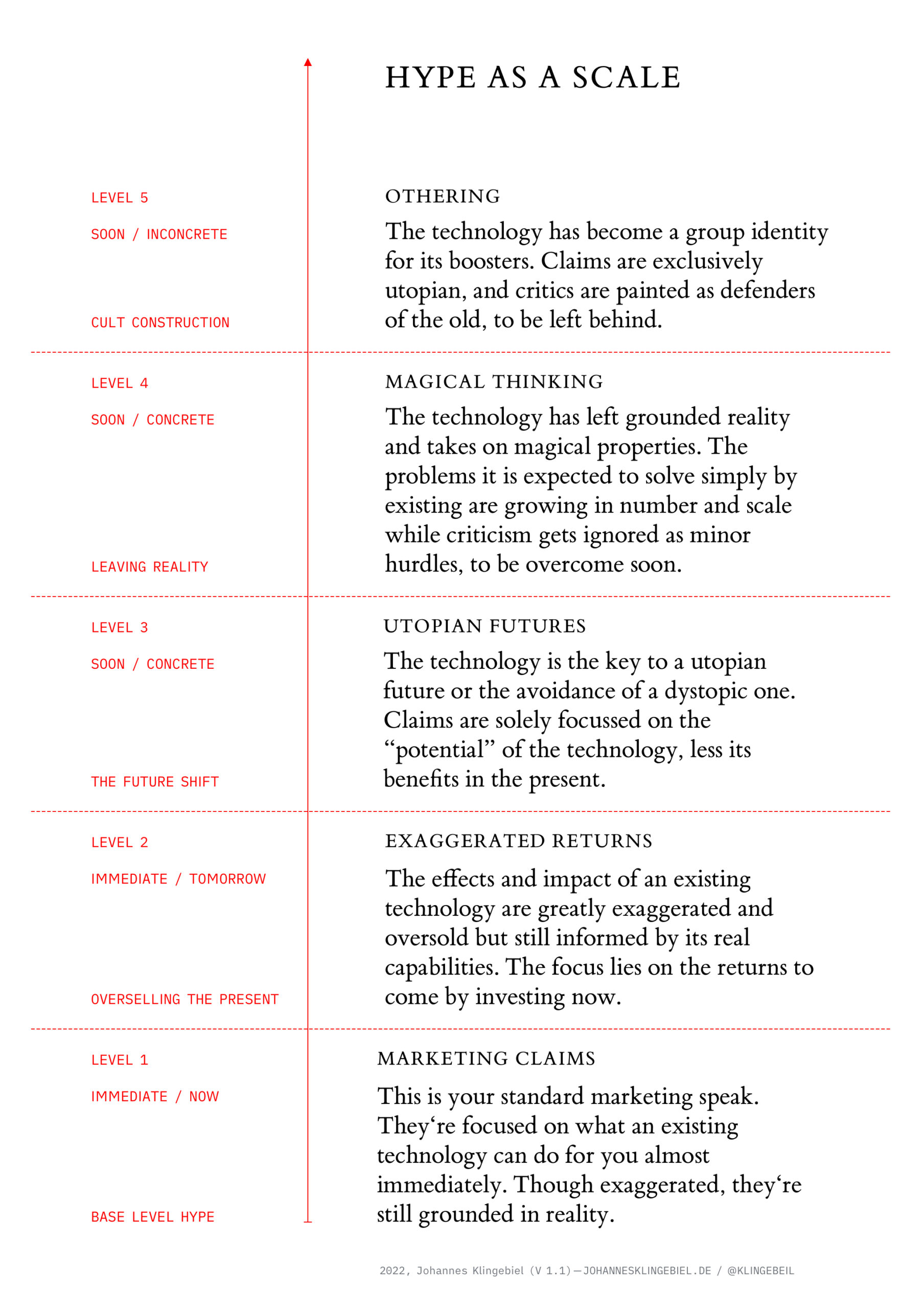A new map of Ukraine?

Europe’s sanctions nightmare
From Politico
In a public show of alignment with Washington, the Europeans have been talking tough on sanctions against Russia, even before Putin sent “peacekeepers” into the east of the country on Monday night. European Commission President Ursula von der Leyen has vowed to cut Russia out of the international banking system and U.K. Prime Minister Boris Johnson says that Russian companies won’t be able to conduct transactions in U.S. dollars and British pounds.
Imposing those financial sanctions could hit Putin hard, but the EU’s position is hazy when it comes to squeezing his all-important hydrocarbon revenues, which provide more than a third of Moscow’s budget. It remains unclear whether banking sanctions would prevent EU payments to Russia’s state-run gas company Gazprom. As things stand, the energy money looks highly liable to keep flowing to Moscow, even during a Russian war against an EU ally.
I’ll believe they’re serious if they do stuff (like cutting Russia out of the SWIFT inter-bank system) that’s effective enough to prompt retaliation Putin by throttling or shutting off the gas supply to Germany. So I’m not holding my breath.
Quote of the Day
”There never was a good war, nor a bad peace.”
- Ben Franklin
Musical alternative to the morning’s radio news
Torelli | Trumpet Concerto in D Major | Voices of Music and Dominic Favia
Voices of Music is a fine outfit trying to release one new video per week and also pay their musicians and staff. They sponsor free house concerts that pay musicians a full fee; give detailed presentations on how to take music online at music conservatories; and release videos from their extensive performance catalog. There’s a ‘donate’ link on their videos. I’ve clicked on it because I often link to their work.
Long Read of the Day
How Facebook twisted Canada’s trucker convoy into an international movement
Nice piece of analysis by Ryan Broderick of how a labyrinth of Facebook groups and right-wing media turned the trucker protest into an international story and eventually prompted a heavy crackdown by the Canadian government. If you wanted a case-study of the exploitation of Facebook by right-wing activists, ingenious free-riders and Fox News, then this would be hard to beat.
Based on Facebook metrics, the core of the Freedom Convoy was never really anything more than a small collection of local conspiracy theorists who were then suddenly given a megaphone by America’s powerful right-wing disinformation machine. Their campaign was first supercharged by Facebook’s algorithm, which currently favors content shared within local groups, and was then blasted out into every feed and screen possible by ravenous conservative tabloids. American right-wing publisher The Daily Wire, founded by conservative commentator Ben Shapiro, latched on to the story at the end of January and published 66 articles featuring the keyword “convoy” between January 28th and January 31st. And the most popular story of theirs from this time period actually promotes a Facebook group that would eventually get shut down by the platform after barely four days for repeatedly violating Facebook’s policies around QAnon.
Thanks to David Garcia for alerting me to it.
My commonplace booklet
Need to explain what a ’typewriter’ was/is to your grandchildren?
Why not try this?
This Blog is also available as a daily email. If you think that might suit you better, why not subscribe? One email a day, Monday through Friday, delivered to your inbox. It’s free, and you can always unsubscribe if you conclude your inbox is full enough already!









